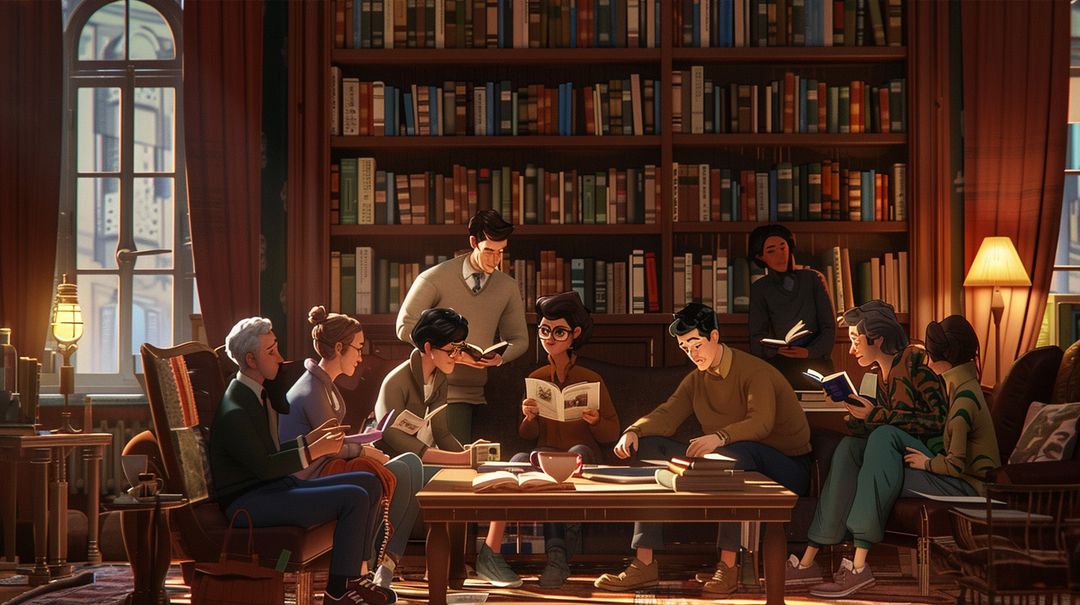In a world where digital media often dominates our attention, the timeless appeal of classic books and movies holds a unique power to bring families together. These shared stories offer not just entertainment, but also opportunities for deep connection, understanding, and the creation of lasting memories across generations.
"To Kill a Mockingbird" by Harper Lee: This novel's exploration of justice, empathy, and childhood innocence resonates with readers of all ages, making it a perfect starting point for family discussions about morality and history.
"The Little Prince" by Antoine de Saint-Exupéry: A tale that blends the wisdom of a philosophical narrative with the simplicity of a children's story, this book offers profound insights on love, loss, and the essence of human connection.
"Pride and Prejudice" by Jane Austen: With its sharp wit, romantic entanglements, and social commentary, Austen's classic appeals to readers who appreciate character-driven stories and the nuances of human relationships.
"Anne of Green Gables" by L.M. Montgomery: This beloved novel follows the life of Anne Shirley, an imaginative and spirited orphan girl who is mistakenly sent to live with siblings Marilla and Matthew Cuthbert at Green Gables.
Why They Resonate: These books transcend time with themes that touch on universal human experiences, offering families a wealth of topics for discussion and reflection.
"The Wizard of Oz" (1939): A film that captures the imagination with its timeless tale of courage, heart, and wisdom, appealing to the child in everyone.
"It's a Wonderful Life" (1946): This classic offers powerful messages about the value of life and the impact one person can have on the world around them, making it a poignant watch for families.
"Finding Nemo" (2003): A modern classic that combines humor with lessons on trust, perseverance, and the strength of family bonds, engaging viewers young and old.
Why They Endure: These films are cherished not just for their storytelling but also for their ability to spark conversations about life's big questions, making them ideal for shared family viewing.

Hosting family book clubs or movie nights can transform these stories into interactive experiences. Select a book or movie, then gather together to share thoughts and impressions.
Discussion Questions: Craft questions that encourage critical thinking and personal connections to the story. For example, "Which character did you relate to most, and why?" or "What lessons can we take from the story's resolution?"
Themed Activities: Enhance the experience with activities related to the story. After reading "The Little Prince," you might stargaze and discuss the universe's vastness. A movie night featuring "Finding Nemo" could include a themed meal and a discussion on ocean conservation.
Exploring these books and movies as a family not only fosters a love for storytelling but also strengthens the bonds between generations. Through shared laughter, tears, and thoughtful conversations, families can discover new insights about each other and the world. In the process, they create cherished memories that, much like the stories themselves, will stand the test of time.